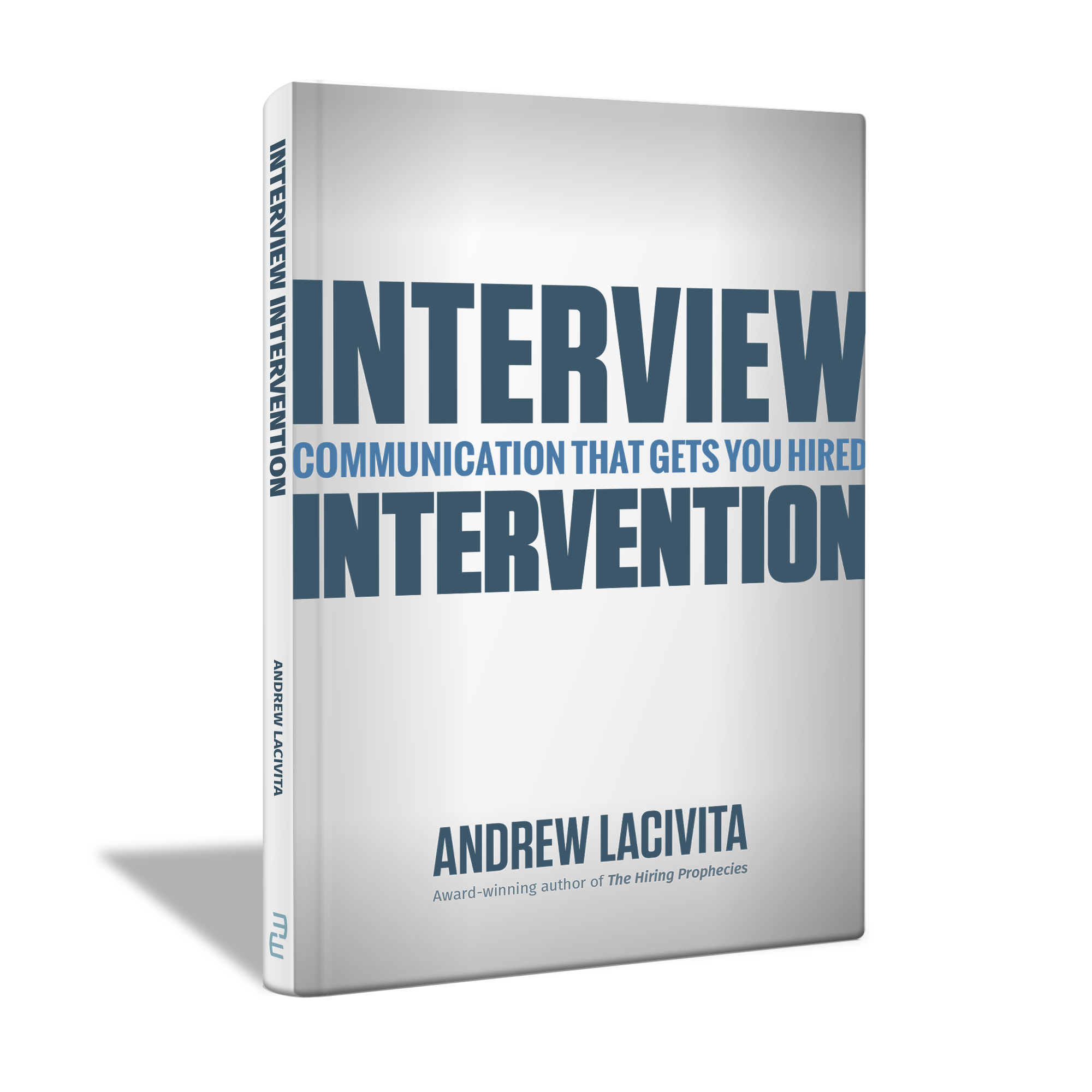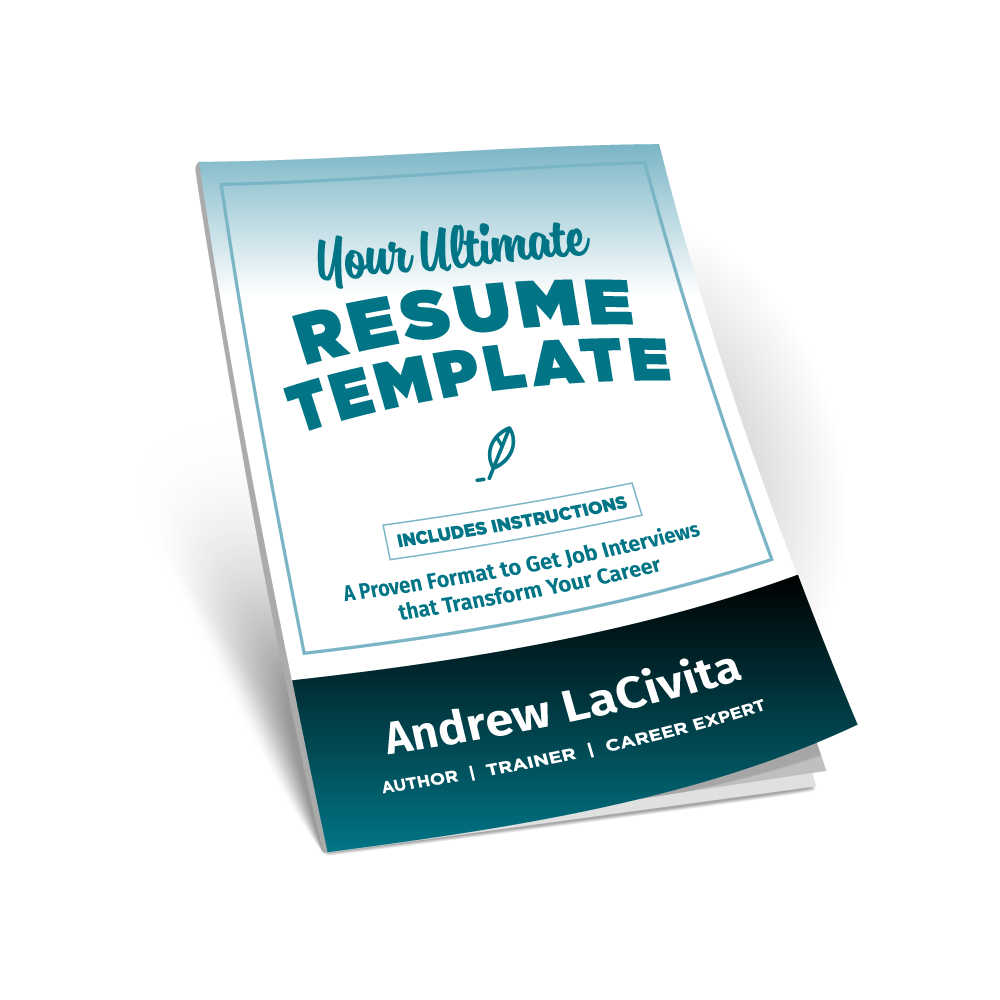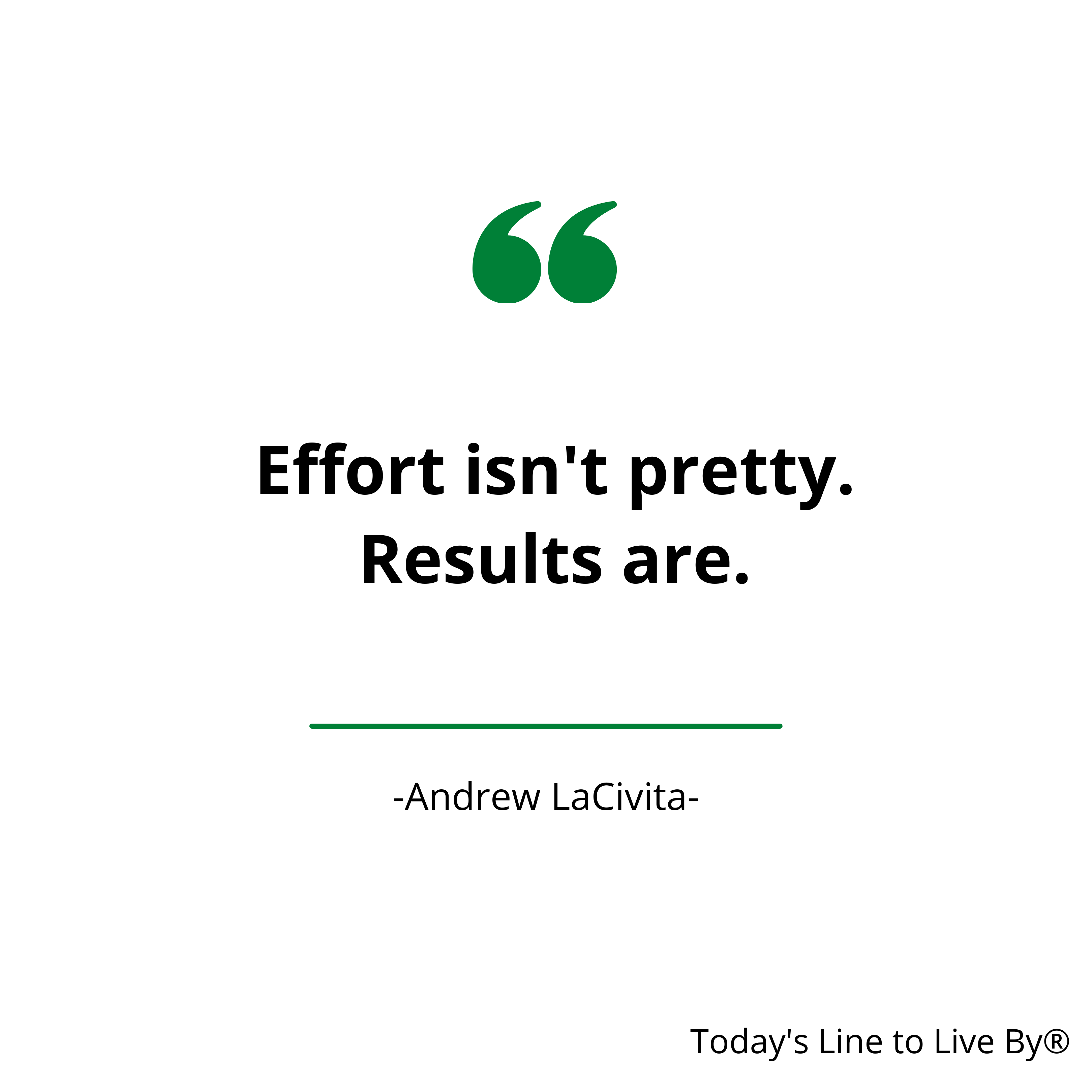You can admit it. Your stomach does rollercoaster maneuvers when you get the greatest weakness question in a job interview.
I realize there are many job interviewers who think this question yields valuable information. I would rather learn how you could add value to the company. That contribution is more telling than a “weakness” I can likely help you overcome.
Regardless, job interviewers will continue to ask this ridiculous question long after I’m gone, so before I kick, I’d like to teach you how to answer the greatest weakness job interview question. If you’re interested in learning what I consider the fourteen best interview questions and how to answer them, download your free Interview Intervention eBook!
Before we dive in, there are a few key points to remember when you receive this question.
First, you should answer the question because it’ll be more damaging to avoid it.
Second, the words you use when identifying any weakness will determine how the interviewer feels about your weakness. As I like to say, how you say what you say is just as important as what you say.
Third, no one wins the job interview based on his or her response to the weakness question. Your goal should be not to do any damage to your candidacy with your remarks.
Lastly, the weaknesses you identify should contain a duality so they could be construed as positives. This will neutralize the downside effect.
Let’s take a look…
When you open your remarks, don’t use any negative words. Stay away from lead-ins such as, “One of my weaknesses is…” Replace the lead-in with something such as…
- “My greatest opportunity to learn is…”
- “One of my immediate opportunities for growth is…”
- “One area I’ve been working to improve is…”
Nice. Huh?
People simply don’t like hearing negative words. At a minimum, this phrasing does two things. First, it removes the negativity from what you’re about to say. Second, it shows the interviewer you want to improve!
Regarding the actual content of your weakness, you should identify something that can be construed as a positive. Here are some examples to help you identify ones that might be relevant for you:
- I spend too much time ensuring the details are correct (you’re detail-oriented!)
- I need to learn to delegate more effectively (you’re a do-er!)
- I know many technologies instead of knowing one extremely well (you’re versatile!)
- I’m critical of myself (you’re conscientious!)
- I plan extensively and am looking for that balance between planning and executing (you’re a planner!)
Another option is to identify opportunities for which you’ve not yet had the chance to learn but are eager to try. For example:
- I want to learn the marketing function. It’s something I’ve always been interested in, but my previous responsibilities focused mostly on sales and product development.
- I want to learn technology xyz, but my previous employer used technology abc.
You get the picture.
Happy weaknesses!
As I mentioned, you’re welcome to download a free Interview Intervention eBook to learn my communication techniques, see behind-the-scenes views of interviewing, discover the fourteen best interview questions and learn the most effective responses. The book also has thirty-nine great questions for you to ask the employer!
As always, I’d love to hear from you: What are your thoughts regarding asking or answering the question, “What are your greatest weaknesses?”
If you enjoyed this article, you can find other wonderful tips and tricks related to life and work via the usual social spots at LinkedIn, Twitter, and Facebook.
In other exciting news, The Hiring Prophecies: Psychology behind Recruiting Successful Employees is now for sale!









Leave A Comment